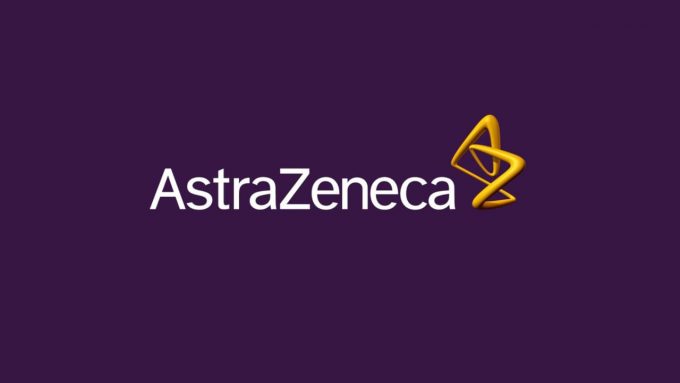AZN lupus setback shifts focus to J&J/Lilly drugs
The failure last week of the first of two Phase III studies of an AstraZeneca monoclonal antibody in systemic lupus erythematosus (SLE) – and the now assumed lower prospects for success in the second almost identical trial – looks as if it will reduce yet further the industry’s already meagre late-stage programmes in this challenging and surprisingly prevalent condition, which has only seen one new agent approved in the last 60 years.
AstraZeneca reported last Friday that its antibody to the type I interferon receptor, anifrolumab, failed to show an effect in the Tulip SLE 1 trial, which measured changes in disease activity based on the SLE Responder Index 4 (SRI4) at 12 months. Tulip SLE 1 enrolled 450 adults with moderate to severe, auto-antibody-positive SLE and tested two doses of anifrolumab – 150mg or 300mg given every four weeks versus placebo. The second trial, Tulip SLE 2, should read-out later this year, although tests only the higher dose versus placebo and recruited 360 patients. All patients in both studies received continuing on standard of care, including steroids.
The setback for the AstraZeneca project leaves just two programmes in Phase III for SLE (with one other for lupus nephritis, the specific kidney damage that occurs in advanced SLE). Both are drugs that are already approved in other autoimmune conditions: one is J&J’s Stelara, an antibody that is already approved for plaque psoriasis, psoriatic arthritis and Crohn’s disease; the other is Lilly’s Olumiant, an orally avaiable JAK1/2 inhibitor, that is available for rheumatoid arthritis.
J&J has a 500-patient Phase III study of Stelara, which started in April, due to render results in January 2021. Lilly has two identical 750-patient studies (Brave I and II ) of Olumiant that have just started and should render results in February that same year. Both drugs have the advantage of having shown statistically significant reduction in disease activity in prior Phase II studies.
Stelara showed a 29% point improvement in SRI-4 at 24 weeks (60% vs. 31%, p=0.0046). The study in 102 auto-antibody-positive SLE patients tested an initial intravenous loading dose (of 6mg/kg) followed by subcutaneous 90mg or placebo every eight weeks. These doses are similar to those used in psoriasis and psoriatic arthritis but are much lower than those used in Crohn’s.
Lilly’s larger Phase II study tested tested two doses of Olumiant (2mg and 4 mg) in 314 patients and showed a 16.8% point improvement in SLE-4 after 24 weeks for the 4mg dose (64.4% vs 47.6%, p<0.05), with the 2mg doses not significant. Furthermore, it should be noted that in the US only the 2mg dose is approved in RA and the FDA considered the 4mg dose not to be safe for use in this indication. Both doses are approved in the EU, however. Lilly’s Brave I and II studies test a low and high dose – presumably 2mg and 4mg – although this is not disclosed on clinicaltrial.gov listings.
Around a dozen or so programmes are in Phase II studies for SLE, including one from the TYK2 class – seen as the next generation of tyrosine kinase for autoimmune condition after the Jak1/2 class. Bristol-Myers Squibb has the lead agent in this class with BMS-986165. This compound is in mid-stage studies for SLE (as well as Crohn’s) and has just entered Phase III trials for psoriasis. BMS is set to disclose data from its Phase II study of BMS-986165 in psoriasis at a scientific conference later this month (13 September), that may catalyse a greater appreciation in the investor community for the potential of this putative drug class .
Only a handful of companies are known to have similar TYK2 or TYK2/JAK-1 inhibitors in development: Pfizer’s PF-06700841 is next by virtue of mid stage studies for psoriasis, Crohn’s and ulcerative colitis. Two others are in preclinical development – one by the private US company, Nimbus Therapeutics, the other by LSE-listed biotech, Sareum (SAR), which is understood to be considering a development strategy that may include SLE and/or lupus nephritis. Marten & Co has identified Sareum as having potential for a stock re-rating based on improving understanding of the TYK2 class.
